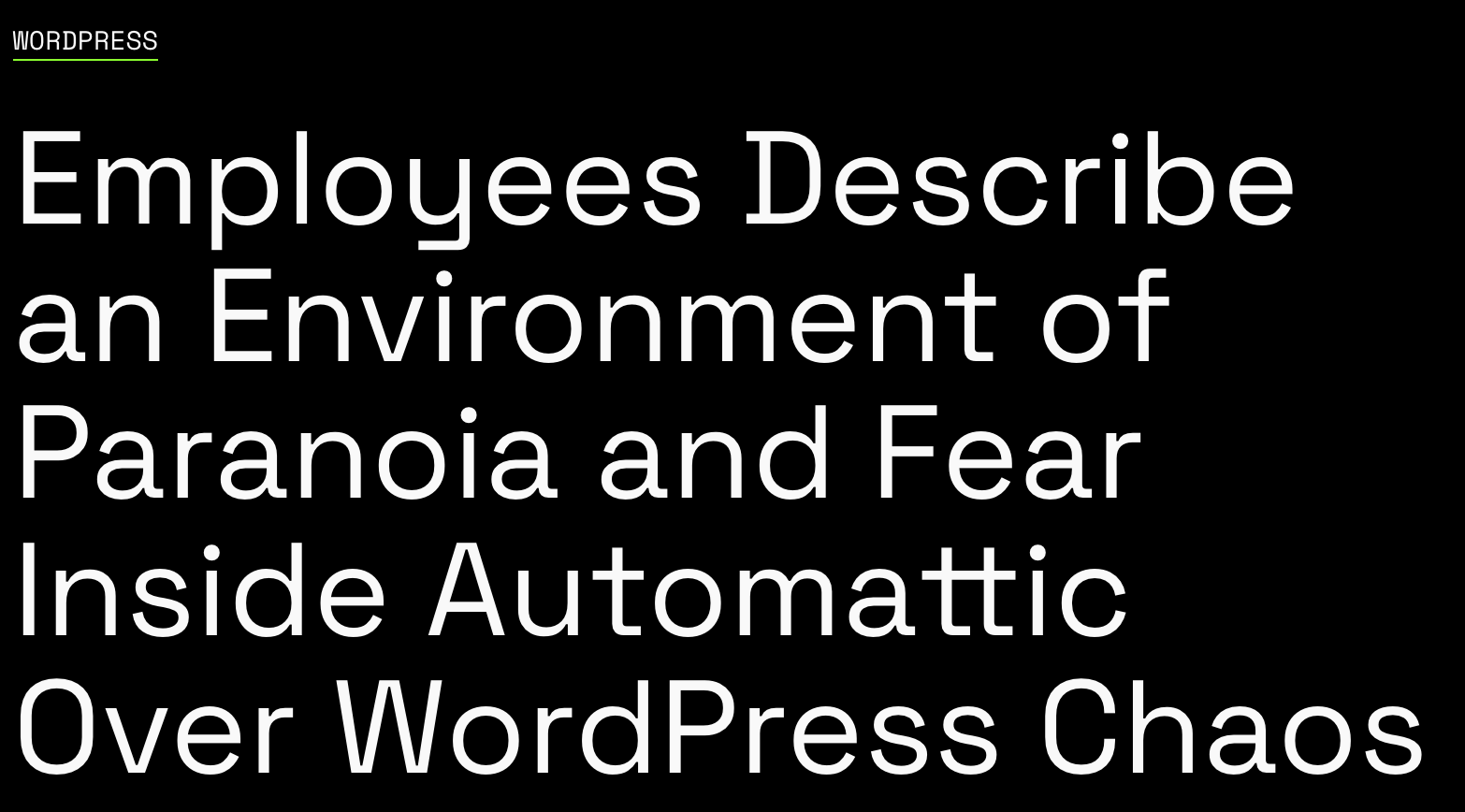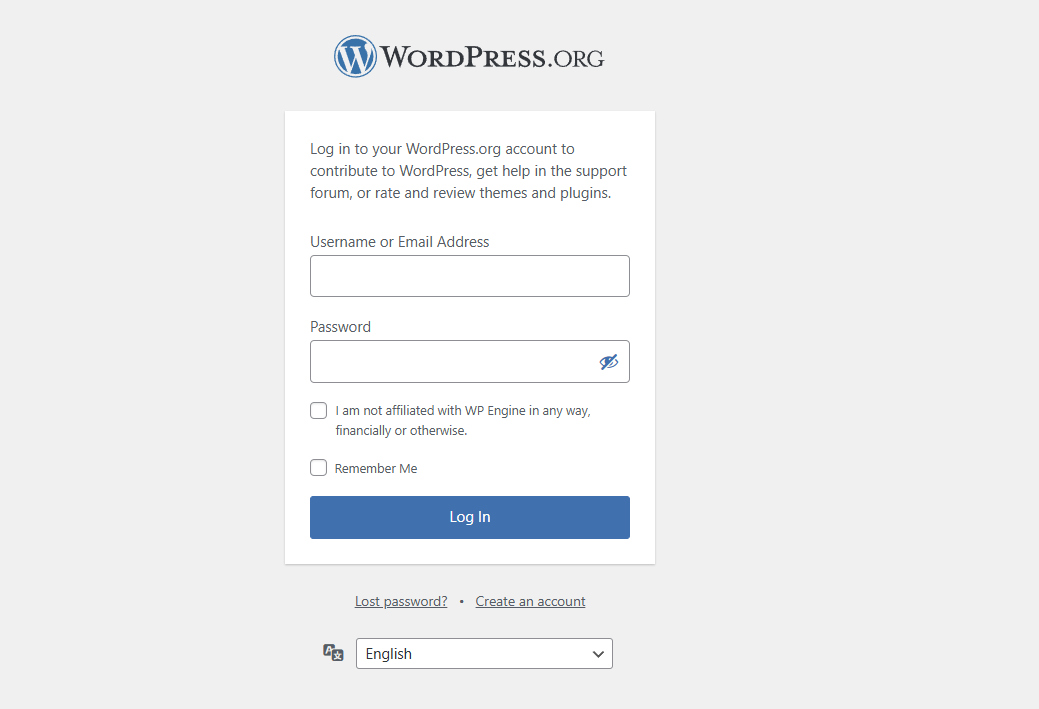Trouble at WordPress

More than ever, I'm glad to have steered clients away from WordPress because of its plugin ecosystem and the complexities of ensuring plugins remain current or at least don't wither on the vine, leaving a site in limbo for tidying up. Recently, this came to the fore as an issue like the Kool-Aid Man smashing through a wall but saying, "Oh Noooo!"

It would seem the owner of the open-source WordPress.org (and its core software), Matt Mullenweg (trading as Automattic), has decided to usurp a third-party plugin (WP Engine) and make it part of the WordPress open-source core. Interesting. Now, I'm not an IP attorney, but barring the legality of the action, the move would seem to create a massive, Mt. Fuji-sized disincentive for developers to build and profit off of creating useful plugins for the WordPress community.
Who will have their code ripped and stuffed into the core next? It's not the worst thing for end users, so there's not as much of an outcry from the user community, and only a fraction of workers at Automattic saw the ethical breach for what it was and took a buyout (six months severance or $30,000, whichever is greater).
At this point, one cannot even log in to wordpress.org nor create a new blog without checking a box that one is not affiliated with WP Engine, financially or otherwise. It is legally a grey area if one is already using WP Engine on their blog if one logs in and is forced to check that box. Can they be lumped into a class action suit for merely accessing their blog? Crazy times in the CMS world.

TechCrunch has an updated status story on this trademark litigation, which they posted on 7 November.